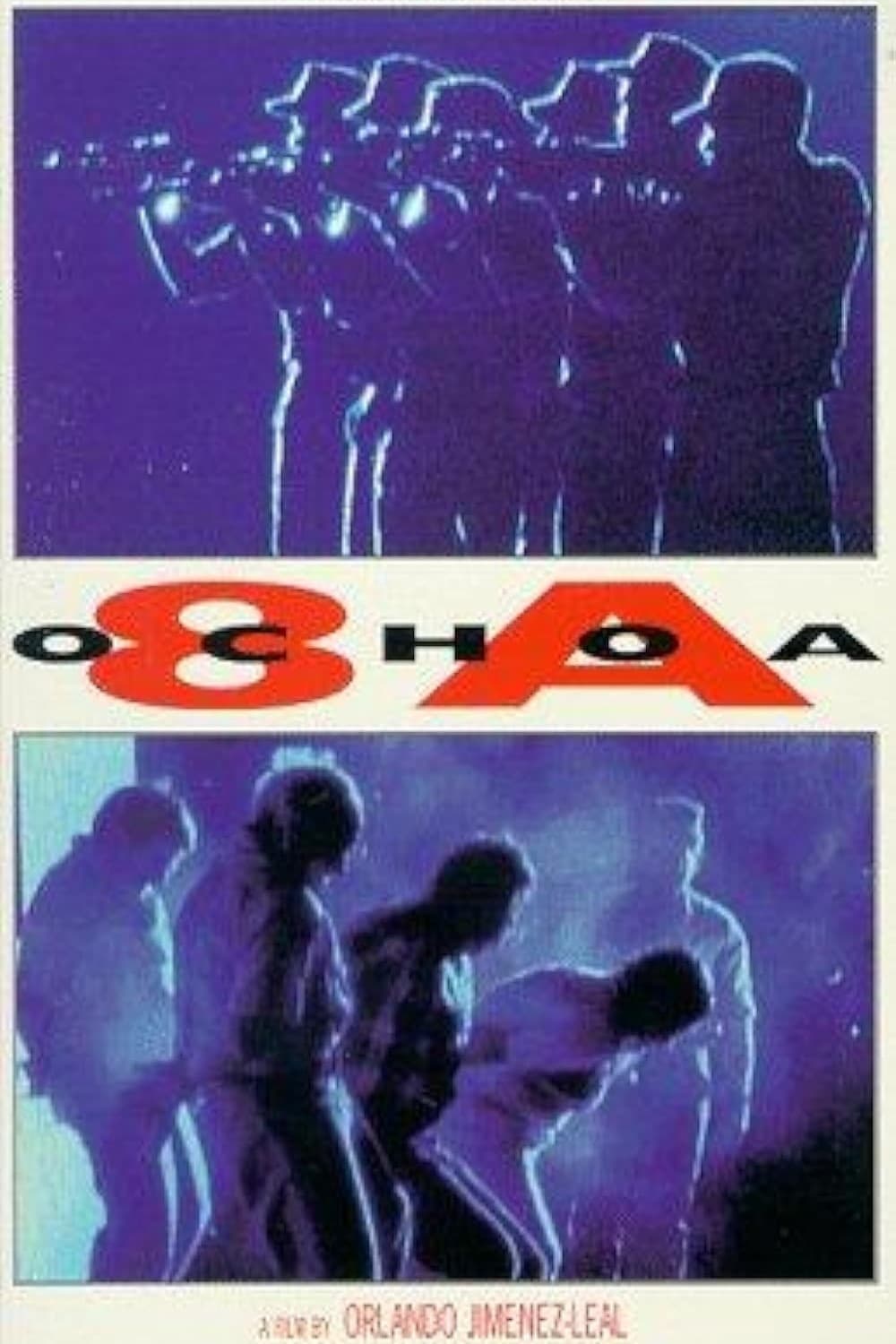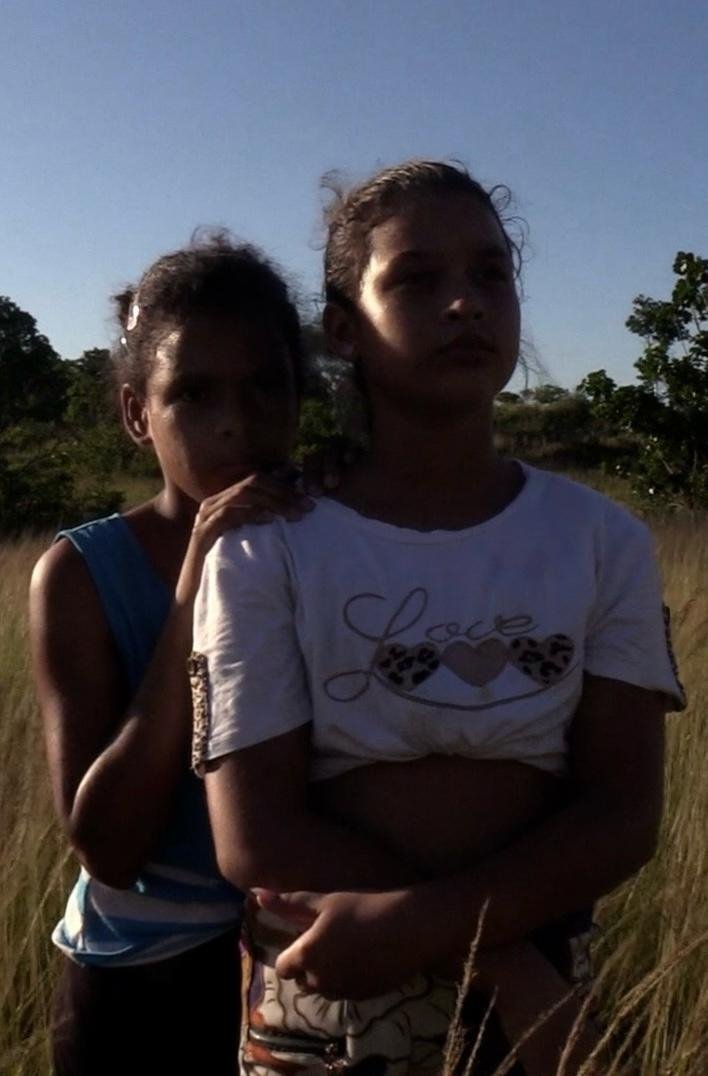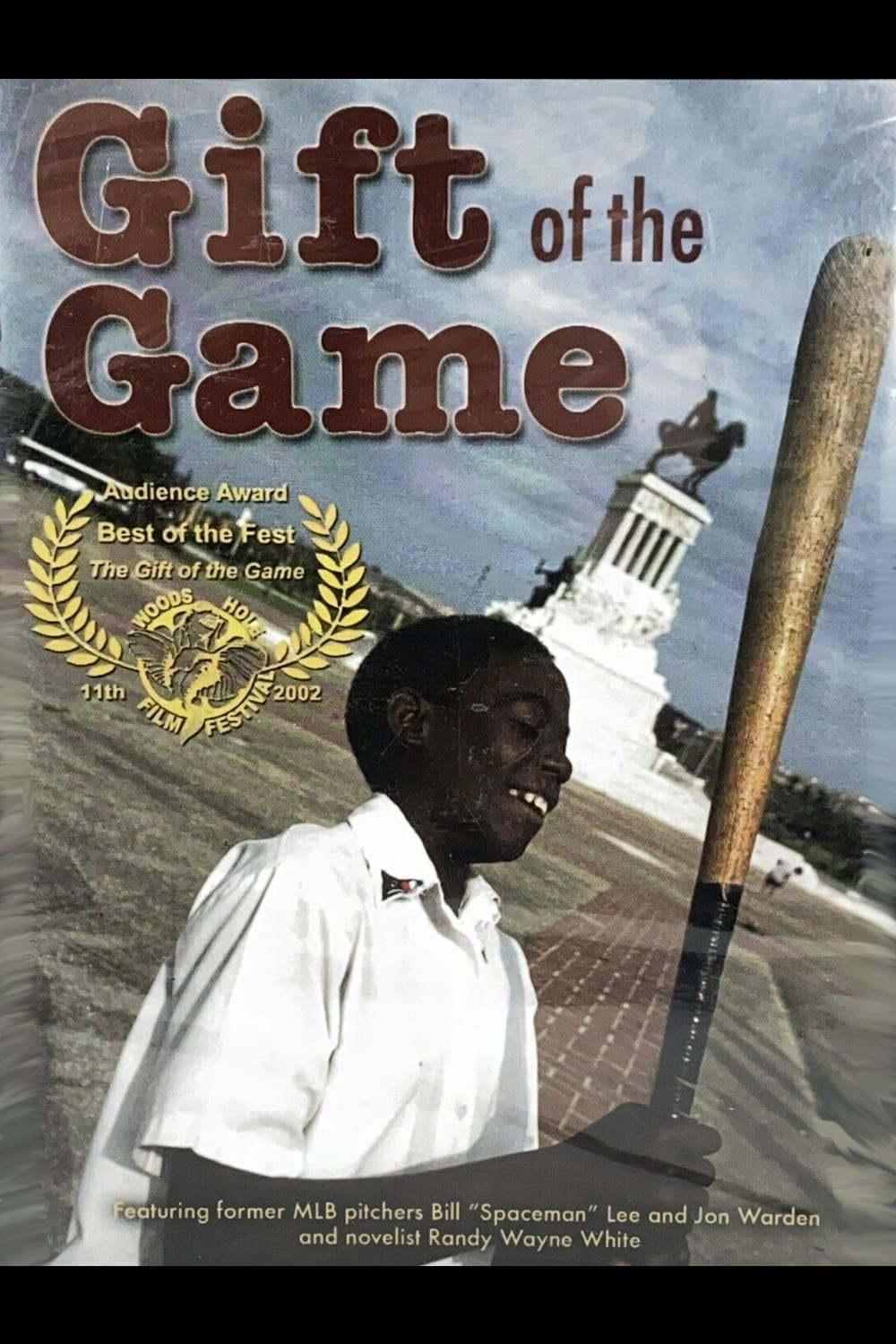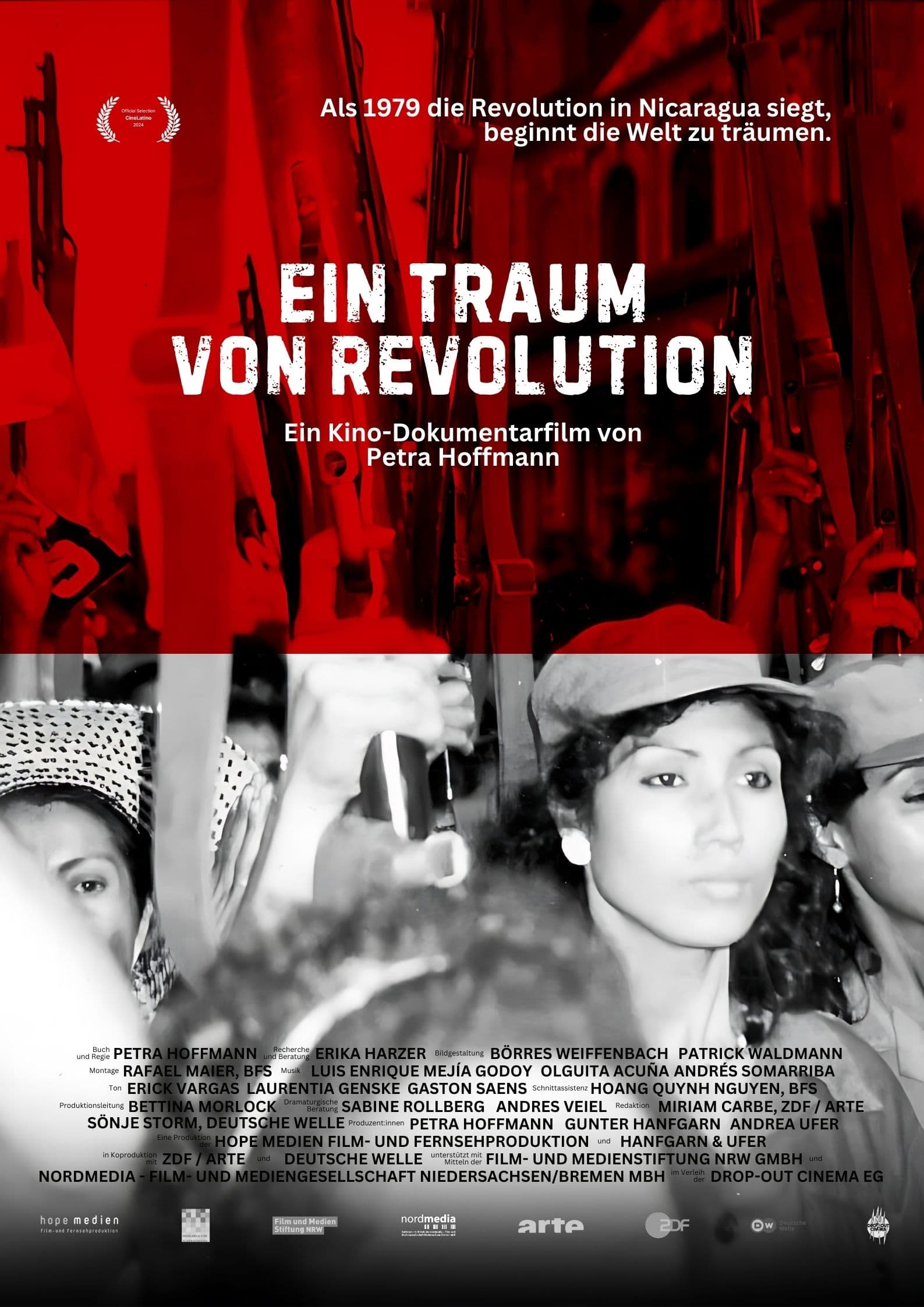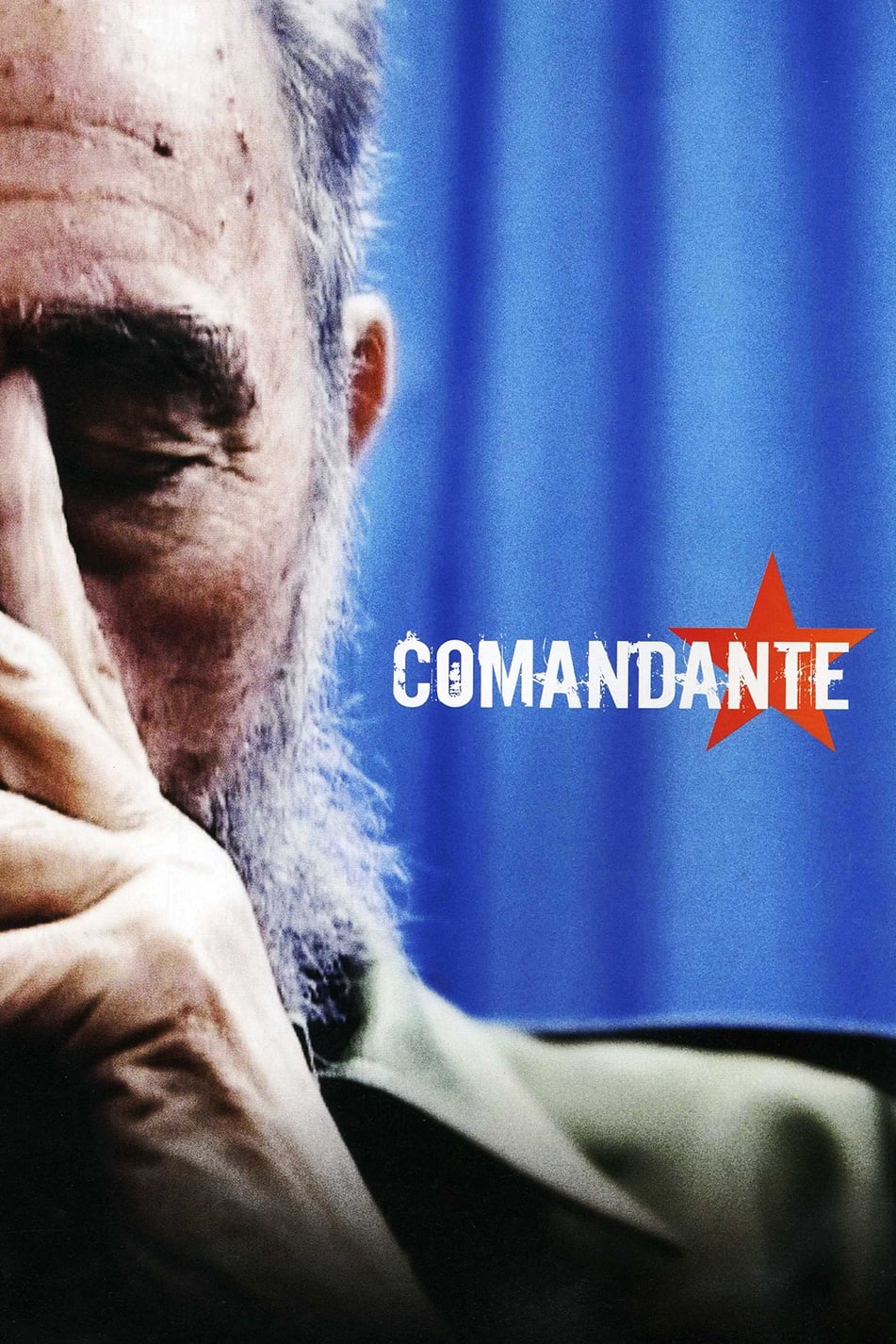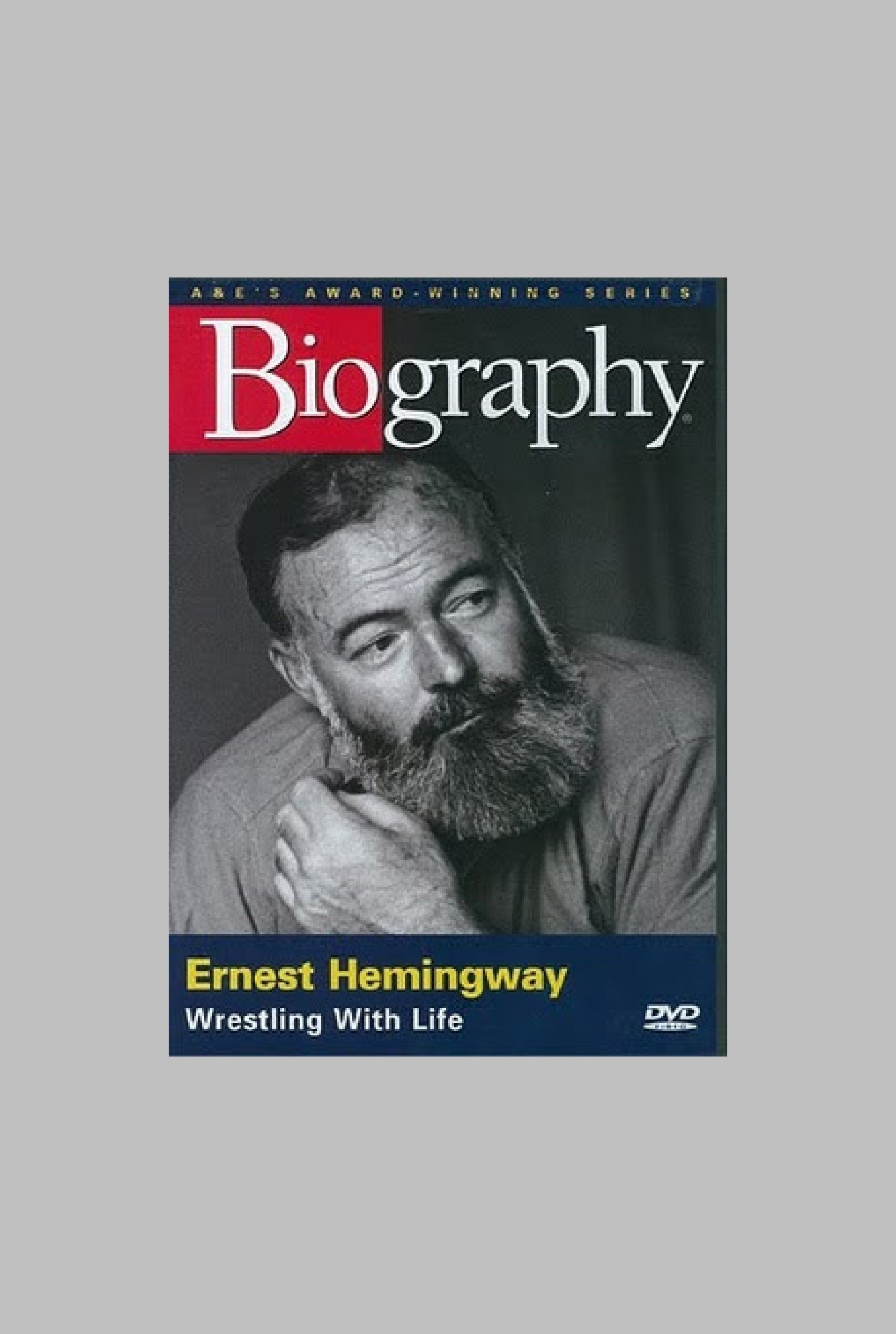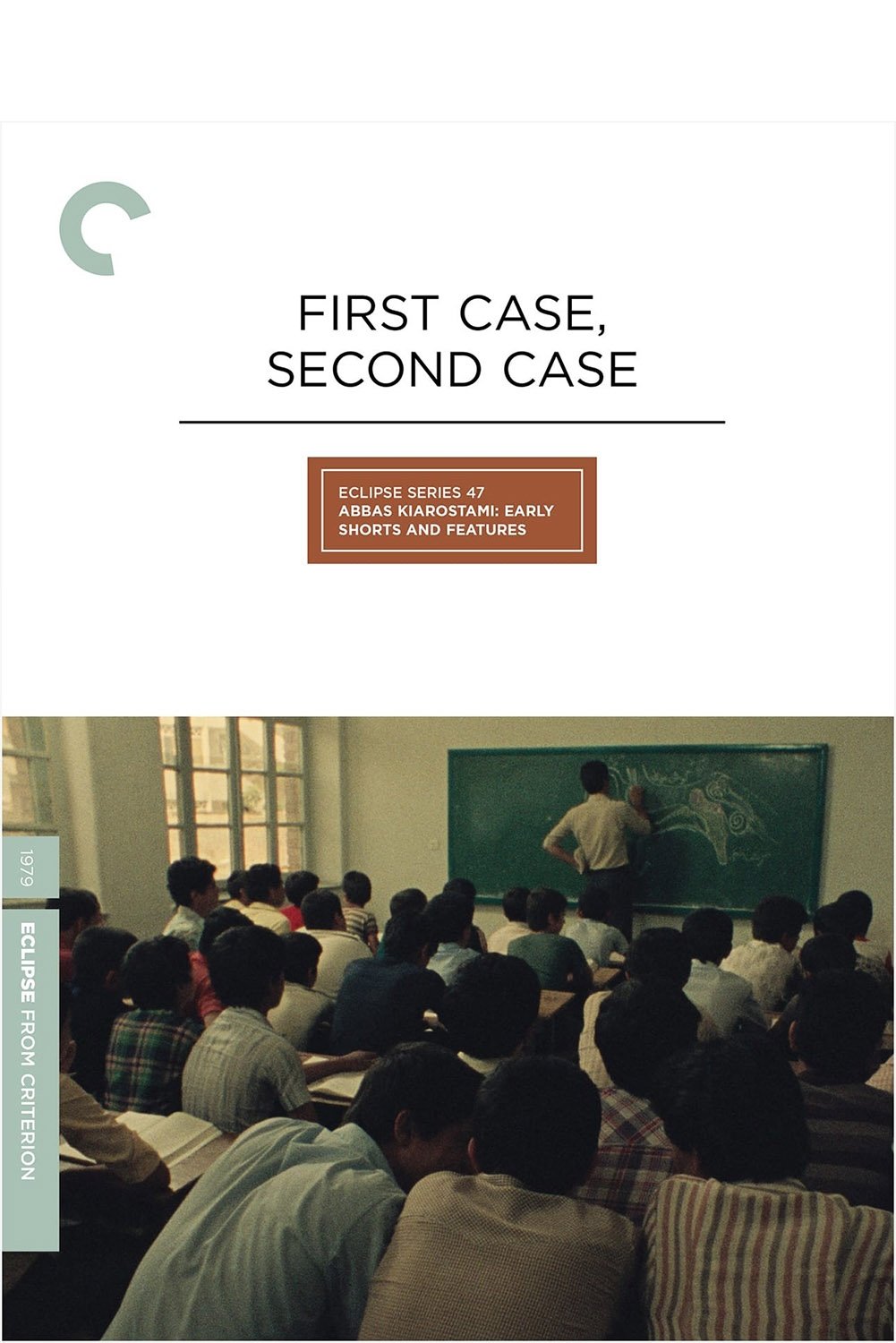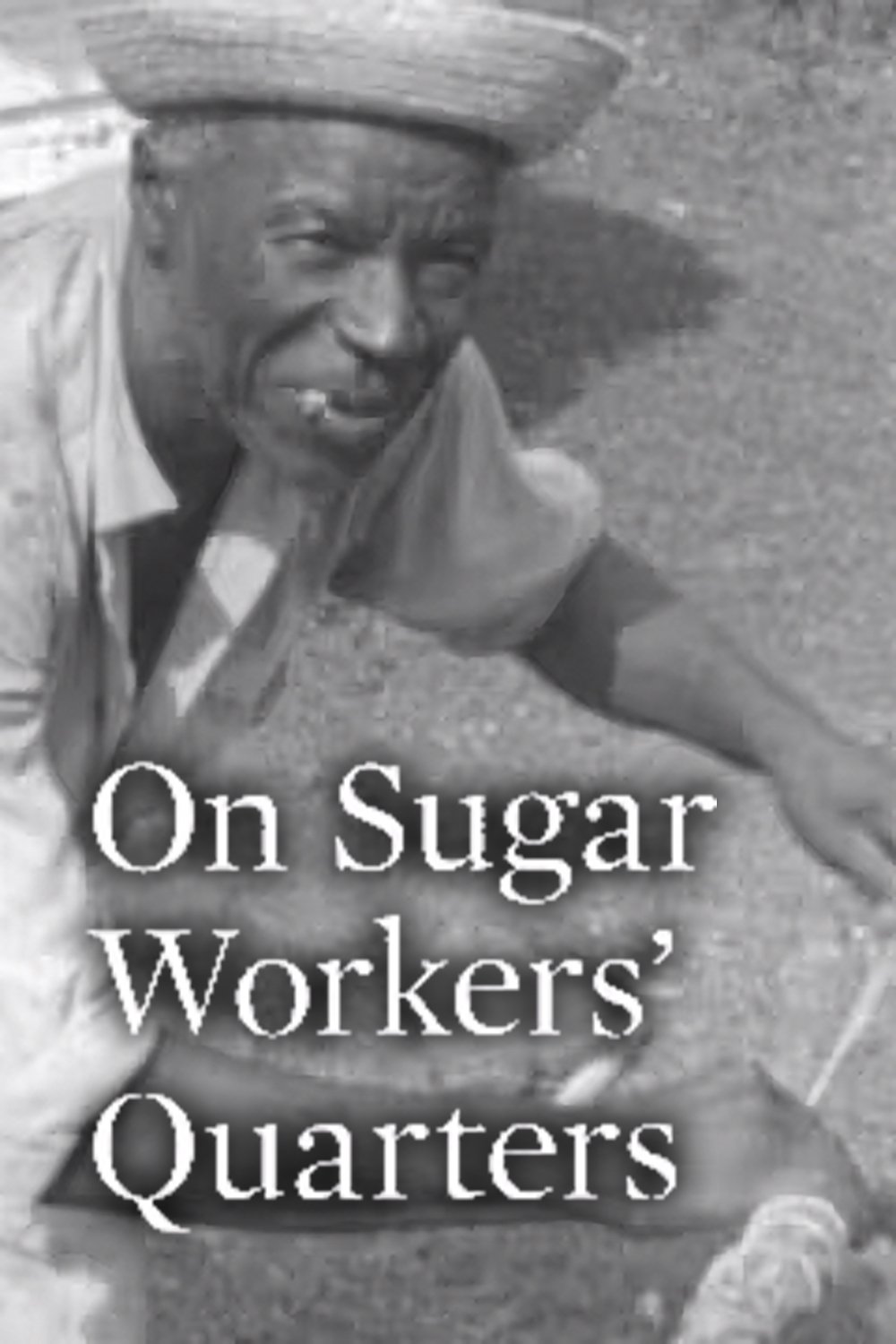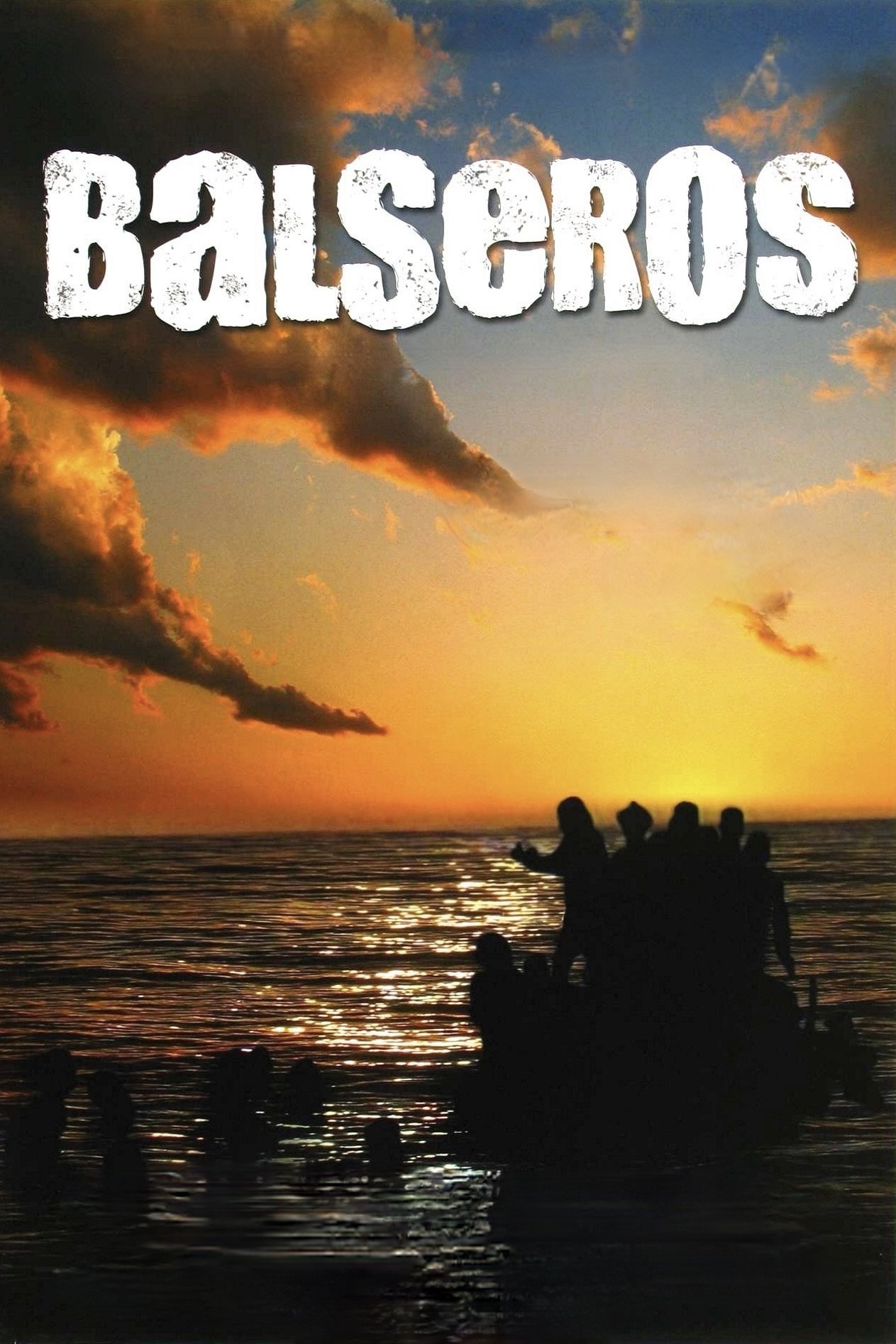
El día más largo
Watch Movie
Share
El día más largo
2011
00.0(0 votes)
Documentary
Overview
Links & Resources
Social & External
Cast & Crew
3 members
Acting
Fidel Castro
Unknown Role

Acting
Camilo Cienfuegos
Unknown Role
No Image
Acting
Raúl Castro
Unknown Role
No Image

